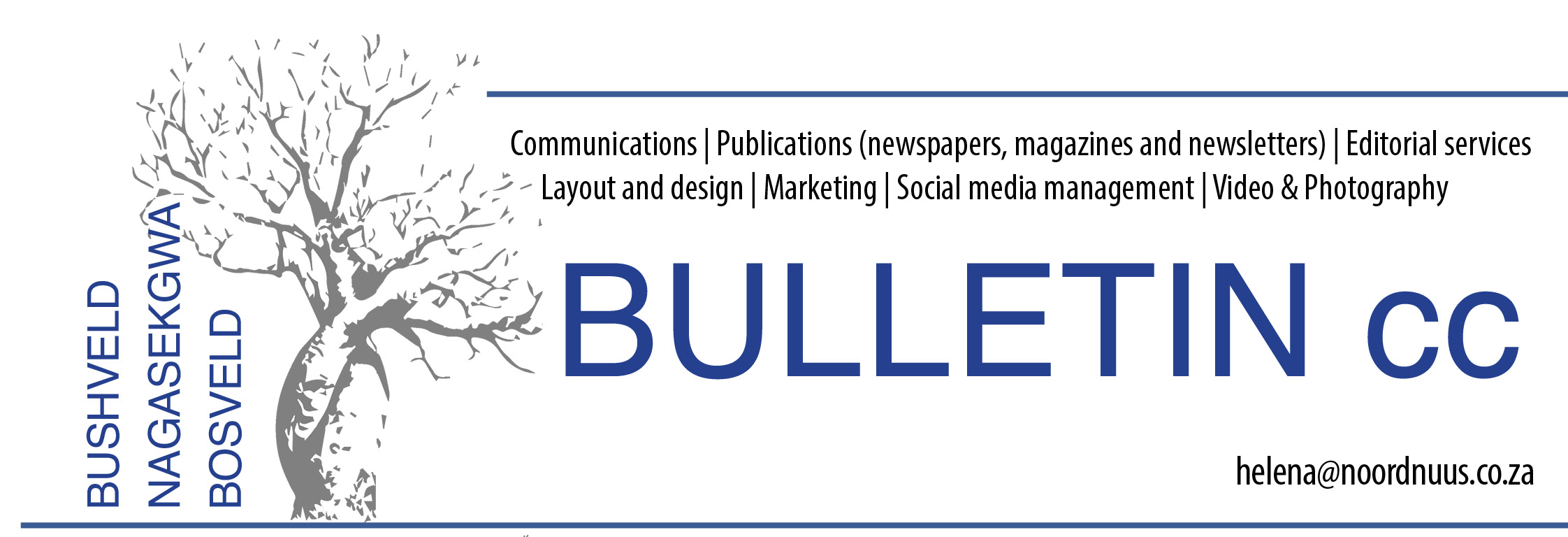Bounce back after the holiday season!
The holiday season is over; and as we head back to work and plan for the next school year, we need to relook our budgets; given that pay day is still weeks away.
The festive month-long holiday with family and friends was great but now consumers need to plan for the year ahead. January is a great time to re-evaluate and look at your goals for the year; which should focus entirely on budgeting and saving.
“We underestimate the value of saving and often end up wishing that we had saved from the very beginning of the year. The extra money saved could benefit you and your family in the long run for those events that you planned for and for those unforeseen circumstances,” says Ester Ochse, FNB Financial Advisory, Product Specialist.
Managing budgets on a month-to-month basis can help in ensuring that you are well off financially for the year in question. Ochse answers 6 questions to help you manage your finances better in 2018:
1. How do I get started and ensure that I better manage my money in 2018?
Do a situational analysis on your current environment, the year that has been and the year ahead. Identify areas where you have overspent, wasted money or saved. We often overspend on items that we think are important, but in the end realise that it was not a genuine needs.
2. How do I identify my needs, wants and responsibilities clearly?
This model is a great way to sum up what is important and what is needed in your life.
|
Needs |
Wants |
Responsibilities |
|
Refers to items that you need on a regular basis.
i.e. education, retirement, savings, and household groceries.
|
Is secondary to your needs and things that will better your life.
i.e. leather boots, new car, new phone or even a holiday.
|
For both you and your family.
i.e. ensuring that your child gets a good education; that your family is safe and secure and looking at your overall wellbeing. |
3. What will be my goals and objectives for 2018?
Setting goals constructively helps you focus on what you want to achieve. Identify your long-term and short-term goals upfront.
· Long term goals could be: plan a great overseas holiday, saving for your child’s University fees, retirement, extending your property or buying a new home.
· Short term goals could be to: save for a car, birthday, gifting or home décor, etc.
4. How do I draw up a budget?
Open up an excel spreadsheet and note down all of your upcoming expenses for the year. Look at the previous year and identify what your expenses, liabilities, assets and savings were and add this to the 2018 budget sheet. Remember with inflation these costs may go up each year.
5. How do I keep track of my money?
There are many useful apps that will help you keep track of your daily, weekly and monthly spend. You can also use your bank statement as a way to keep tabs on what comes out of your account. This will help you determine where there is an unconscious spend that could affect your pocket; which will help you stick to your budget and SAVE money.
6. What about the economy?
We live in an uncertain economic environment. As such, we need to ensure that we are well equipped to manage unnecessary expenses should they crop up at any time. Big or small, such expenses can cause a huge dent in your pocket, but if you prepared – you will be able to manage them effectively.
“As we begin 2018, we should be cognisant of the environment, global trends as well as industry related events that could affect the economy of South Africa; bearing in mind that the cost of living is constantly increasing. Don’t delay saving now for a better future. You may feel the pitch in your pocket or purse today but these initial steps will definitely benefit you in the long term,” concludes Ochse.












0 Comments